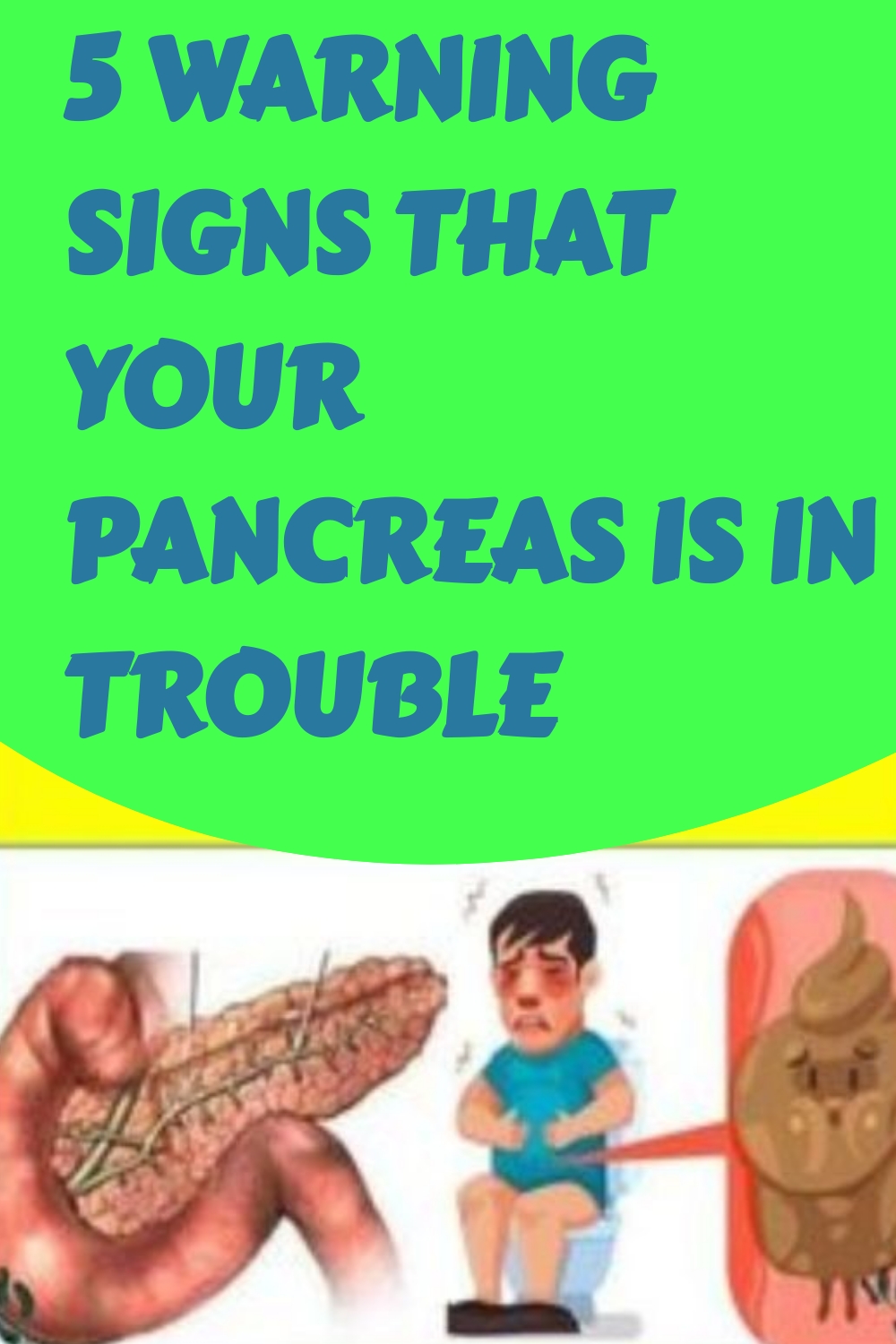Stomach cancer, also known as gastric cancer, is one of the most insidious and deadly types of cancer. Often referred to as the “silent killer,” it can develop slowly and subtly, often without any immediate warning signs. By the time symptoms appear, the disease may have already progressed to an advanced stage, making treatment more difficult and less effective. Early detection is critical, but unfortunately, many people overlook the warning signs of stomach cancer until it’s too late. This article will dive into the symptoms, risk factors, and importance of early diagnosis in combating this silent killer.
Understanding Stomach Cancer
Stomach cancer starts in the lining of the stomach and gradually spreads to other parts of the body. The primary type of stomach cancer is adenocarcinoma, which begins in the cells that form the innermost layer of the stomach. While stomach cancer used to be much more common, its rates have decreased over the years. However, it remains a significant health concern globally, especially in certain regions like East Asia, Eastern Europe, and South America.
What Causes Stomach Cancer?
There isn’t one definitive cause of stomach cancer, but several risk factors have been identified. The following are some of the most typical causes and risk factors:
- Helicobacter pylori infection: A chronic infection with this bacteria can lead to long-term inflammation and increase the risk of developing stomach cancer.
- Diet: A diet high in salty, pickled, or smoked foods and low in fruits and vegetables can increase the likelihood of developing gastric cancer.
- Smoking: Tobacco use significantly raises the risk of stomach cancer, particularly for cancers that develop near the esophagus.
- Family history: A genetic predisposition plays a role in some cases, especially if close relatives have had stomach cancer.
- Chronic gastritis: Long-term inflammation of the stomach lining can increase the risk of cancerous changes.
- Obesity: Excess body weight can contribute to cancer development by creating chronic inflammation and other metabolic disruptions.


